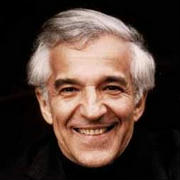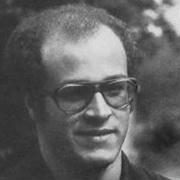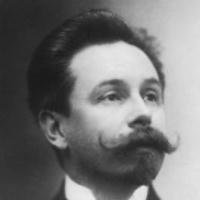Sergei Vasilyevich Rachmaninoff (1 April [O.S. 20 March] 1873 – 28 March 1943) was a Russian composer, virtuoso pianist, and conductor of the late Romantic period. The influence of Tchaikovsky, Rimsky-Korsakov, Balakirev, Mussorgsky, and other Russian composers is seen in his early works, later giving way to a personal style notable for song-like melodicism, expressiveness and rich orchestral colours.
Born into a musical family, Rachmaninoff took up the piano at the age of four. He graduated from the Moscow Conservatory in 1892, having already composed several piano and orchestral pieces. In 1897, following the negative critical reaction to his Symphony No. 1, Rachmaninoff entered a four-year depression and composed little until successful supportive therapy allowed him to complete his enthusiastically received Piano Concerto No. 2 in 1901. In the course of the next sixteen years, Rachmaninoff conducted at the Bolshoi Theatre, relocated to Dresden, Germany, and toured the United States for the first time. Rachmaninoff often featured the piano in his compositions, and he explored the expressive possibilities of the instrument through his own skills as a pianist.
Following the Russian Revolution, Rachmaninoff and his family left Russia. They settled in New York City in 1918. With his main source of income coming from piano and conducting performances, demanding tour schedules led to a reduction in his time for composition. Between 1918 and 1943, he completed just six works, including the Rhapsody on a Theme of Paganini, Symphony No. 3, and Symphonic Dances. By 1942, his failing health led to his relocation to Beverly Hills, California. One month before his death from advanced melanoma, Rachmaninoff was granted American citizenship.
Cite error: There are <ref group=lower-alpha> tags or {{efn}} templates on this page, but the references will not show without a {{reflist|group=lower-alpha}} template or {{notelist}} template (see the help page).















